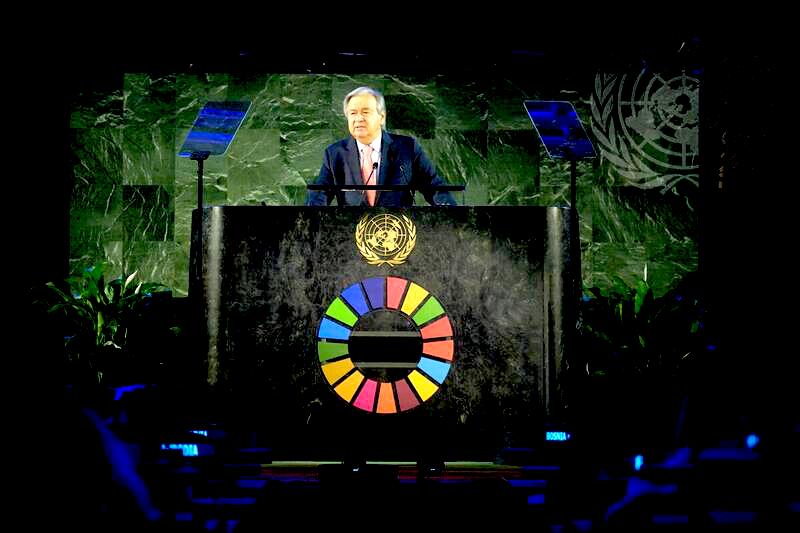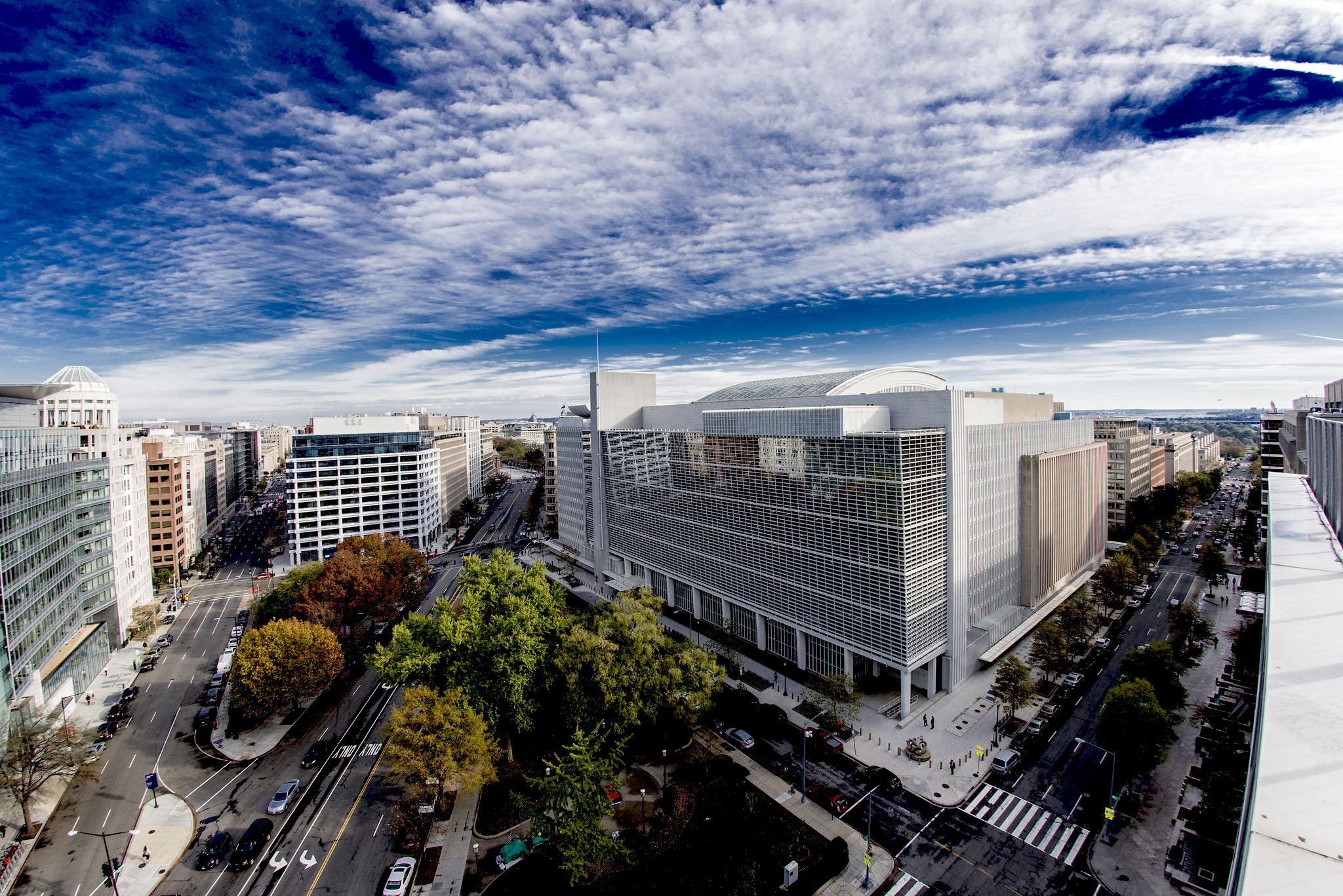“Leaving the rich out of the equation.” Sam Pizzigati reports on the protest by economists worldwide against the World Bank’s “shared prosperity” method of tracking gaps in income and wealth.
Been eating a bit too much ice cream this sweltering summer? Thinking about going on a bit of a diet? Well, imagine yourself counting calories but exempting anything with sugar from all your counting.
Would that approach help you make an appreciable dent on your excess bodily baggage? Of course not. We can’t eliminate what we ignore. And that goes for inequality as well, over 300 distinguished economists worldwide are charging in a new open letter to the United Nations and the World Bank.
Back in 2015, these eminent economists remind us, the world’s nations came together and adopted a series of “Sustainable Development Goals” — SDGs for short — designed to systematically attack both poverty and climate change. The tenth of these goals specifically aims to “reduce inequality within and among countries.”
The progress so far on this inequality SDG? Practically nonexistent. By many measures, the open-letter economists note, our “inequalities have worsened,” and that worsening really matters. Without reducing the “deep divide” that separates our global rich from the rest of us, the economists suggest, we’ll forever be going nowhere on “ending poverty and preventing climate breakdown.”

U.N. Secretary-General António Guterres addresses “SDG Moment 2022” last September, an event held during U.N. General Assembly meetings that focus on the promise of the Sustainability Goals. (UN Photo/Mark Garten)
Significantly narrowing our world’s deeply unequal distribution of income and wealth will, of course, always remain a tall order, given the political power that grand fortunes create. The World Bank, unfortunately, has made that order taller.
Faulty Scorekeeper
The U.N.’s member nations have essentially made the bank the world’s official inequality scorekeeper. But the metrics the World Bank uses to track inequality have turned out to be “very inadequate,” charges Jayati Ghosh, a coauthor of the economists’ new open letter.
We already have, Ghosh points out, a variety of established yardsticks for measuring inequality. The Gini coefficient plots actually existing income distributions between 0 for total equality and 1 for infinite inequality. The more easily understandable Palma ratio divides the income share of a society’s top 10 percent by the income share of its bottom 40 percent.
The World Bank isn’t relying on either of these standard measures. The bank is instead pushing a statistical notion of “shared prosperity” that, as Ghosh puts it, “leaves the rich out of the equation!” This World Bank measure defines success in the battle against inequality as what we have when the incomes of the bottom 40 percent are growing faster than the national average income.

World Bank Group headquarters in Washington, D.C. (Franz Mahr / World Bank, CC-BY-NC-ND 2.0)
On the World Bank’s scorecard, in other words, any nation where the incomes of the top 1 percent are rising 10 times faster than the national average income would be making “progress” against inequality so long as the incomes of the bottom 40 percent were rising slightly faster than that national average.
This “bizarre notion of ‘shared prosperity,’” says Jayati Ghosh, “provides very misleading estimates of the extent of inequality or progress in reducing it.”
By this bizarre World Bank yardstick, over half the world — 53 percent of the nations the bank sampled — were making progress against inequality just before the pandemic hit and another 11 percent were showing no change.
The World Inequality Database
Researchers with the World Inequality Database, an ambitious statistical effort that takes inspiration from the ground-breaking research of scholars like Thomas Piketty, paint a starkly different picture. Only 26 percent of the world’s nations, as measured by the Gini coefficient, are actually showing progress against income inequality, and only 12 percent are showing progress in Palma-ratio terms.
For three top global inequality watchdogs — Oxfam, the Development Finance International, and the New York University Center for International Cooperation’s Pathfinders initiative — the World Bank’s “shared prosperity” scorekeeping makes plain the need for a real “data revolution” that spotlights the wealth of the world’s wealthiest.
The World Bank’s current approach, these three groups charged in a new report released last month, essentially “ignores what is happening to the rich.” We cannot afford that ignoring, the groups stress, not at a time when “the world’s wealthiest citizens continue to be largely responsible for extreme carbon emissions” while the world’s “poorest citizens pay the price through climate disasters.”
Will critiques like this get the World Bank to change its statistical ways? We’ll see. The bank’s first reaction to the economists’ open letter has been somewhat encouraging. The World Bank, says a spokesperson, agrees “we need to do more to address inequality” and “do better in measuring progress.”
*
Sam Pizzigati co-edits Inequality.org. His latest books include The Case for a Maximum Wageand The Rich Don’t Always Win: The Forgotten Triumph over Plutocracy that Created the American Middle Class, 1900-1970.

